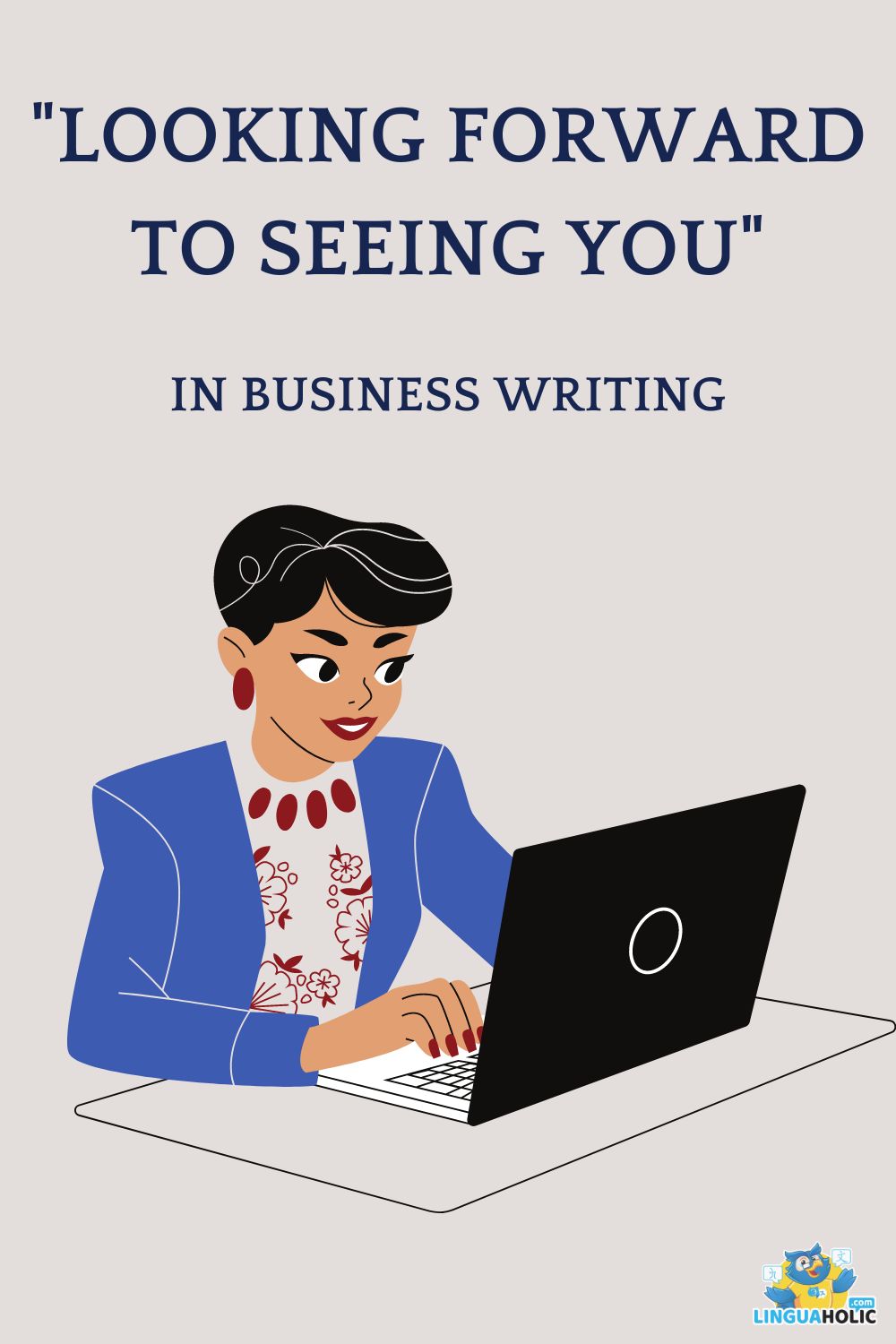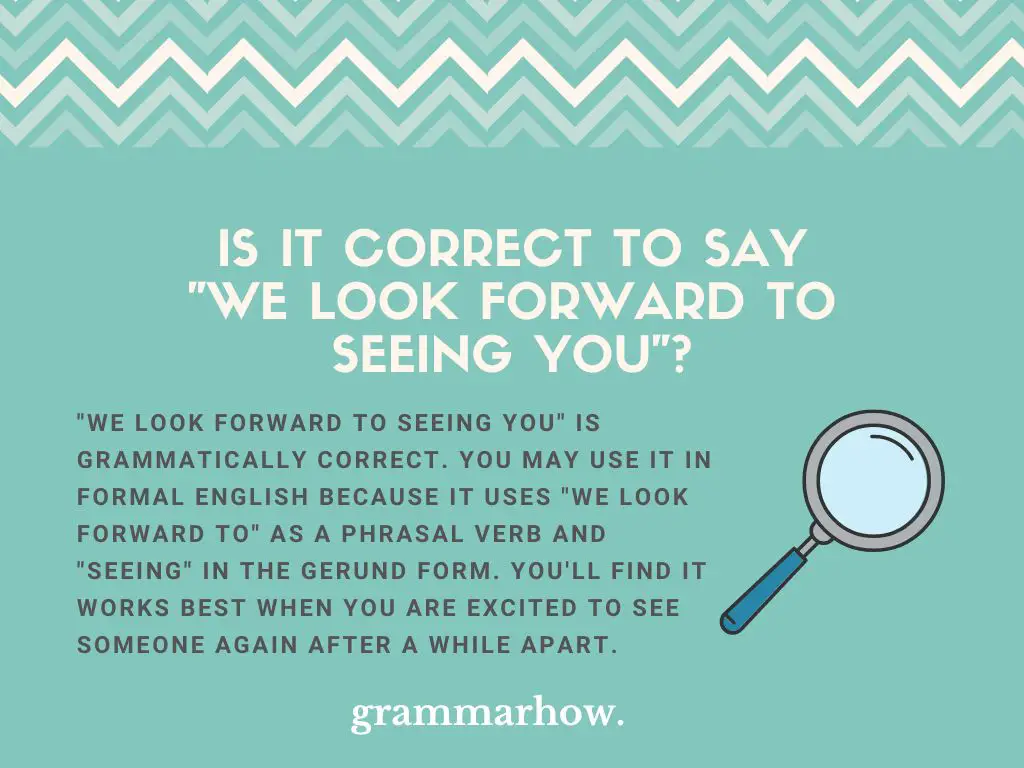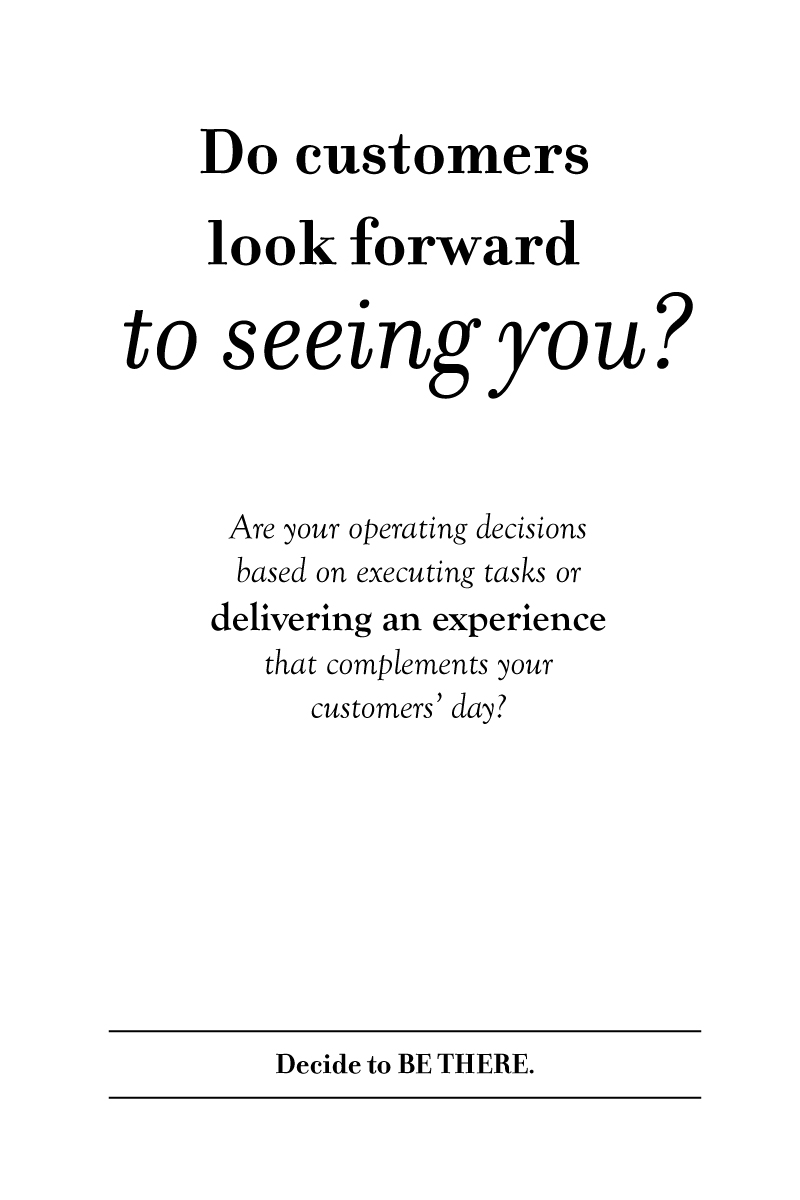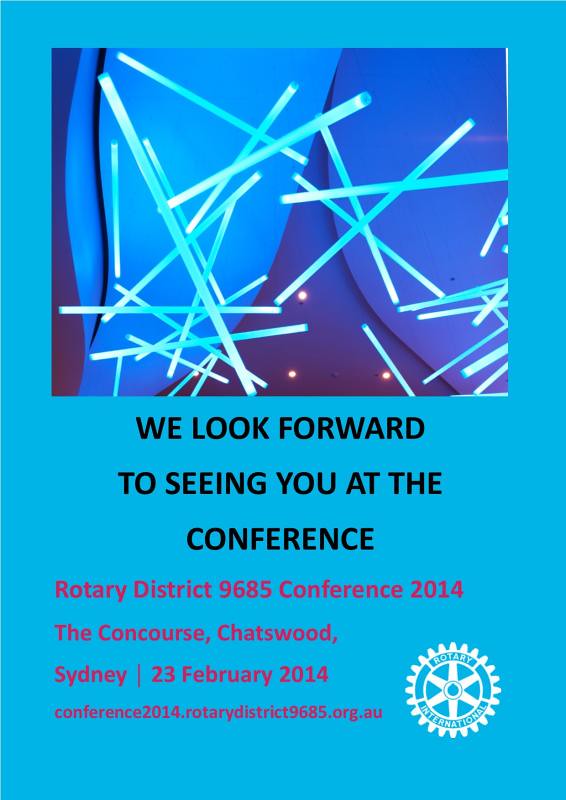
"Looking forward to seeing you" in Business Writing
Which is correct? - One Minute English "I am looking forward to see you" or "I am looking forward to seeing you"? Which is correct? Vocabulary / By Conor "I am looking forward to seeing you" is correct. In this case "to" is a preposition, and you always need to use the ing form (gerund) after a preposition.

We look forward to seeing you at the table soon! Say hello, Looking
You should say "I'm really excited about it" when something is coming up that you're enthusiastic about. It's a great option because it clarifies your feelings by using "really excited" to show how ready you are. Generally, this phrase works best when starting a new job.

Pin by Michael Becerril on Portfolio Calendar invite, Looking forward
look forward to (doing something) This is a polite expression for saying that you're excited about something that's going to happen. But it doesn't sound very strong. If you really want to sound excited about it, try "I can't wait to ___". "I can't wait to see you." You can also add adverbs like "really" or "so": I'm so looking forward to.

Looking Forward To Seeing You Soon Postcards Zazzle
What does "I look forward to hearing from you" mean? The phrase "I look forward to hearing from you" is one way to communicate that you expect to get a reply from the person you're emailing or writing to. The expression uses a phrasal verb, which combines the verb "hear" with the preposition "from" to create a new meaning: "receive a reply."

Looking Forward To Seeing You Quotes. QuotesGram
1. I'm Excited to See You "I'm excited to see you" is a good choice professionally, but it can be a bit more effective informally. It shows that you're keen to "see" someone, especially if you've set up a meeting that's coming up fairly soon. You might get more excited if you are fast approaching a meeting time.

I Don't Look Forward To Seeing You Again One Day Looking forward
"Looking forward to seeing you" shows you are excited to see someone. It works as another way to say "we look forward to seeing you" by removing "we" and changing "look" to the gerund form. This allows you to be more general. You don't have to refer to the people who are "seeing" someone.

Is It Correct to Say "We Look Forward to Seeing You"?
"I look forward to our discussion" is one of the best alternatives to "I look forward to meeting you." It shows that you're ready to talk through things with someone. It's a great choice in many situations. You can for instance use it before an interview to show you are eager to speak with your possible future employer.

Tip I am looking forward to seeing you! Personality Insights, Inc.
"Looking forward to" is a phrasal-prepositional verb that requires a noun afterward to be grammatical. This is a common expression used to express excitement at an upcoming meeting. Understanding the grammatical structure of "looking forward to seeing you"

BrainLang Aprende inglés sin estudiar, 300 más rápido, escuchando
The phrase "I'm looking forward to seeing you" is more common in informal contexts & and daily conversations. It uses the phrasal verb "to look forward to" in order to demonstrate anticipation for a future event. The phrase "I'm looking forward to see you" is grammatically incorrect & should not be used in your writing.

Looking Forward To Seeing You Quotes. QuotesGram
You can use it when you want to express to someone that you are eagerly anticipating their arrival. For example, you might send a text message to a friend that says, "Hey! I'm looking forward to seeing you at the party on Saturday!". If you say: "I'm looking forward to seeing you tonight. And they said, no, we're looking forward to seeing you".

I look forward to seeing you at the event. Looking forward to seeing
The phrase "looking forward to seeing you soon" means that you're looking forward to seeing someone in the future. It's a common phrase used in business or during a casual conversation. It is often used to say goodbye. For Example: "Hi William, it was nice meeting you today. I am looking forward to seeing you soon again."

We look forward to seeing you soon from The Greenbank Hotel Desktop
in the form "looking forward to seeing you" we are trying to emphasis that we will be glad to actually see you (in the future; at a specific, but not specified time). ie an event that has not been completed yet As opposed to emphasis on the whole looking forward to the meeting scenario. The whole choice of words revolves around emphasis.

Looking Forward To Seeing You Quotes. QuotesGram
4 Answers Sorted by: 20 There's two different things going on here, both of which use the word to, which is probably what's confusing you. The rule your teacher taught you applies to infinitives, in the context of sentences where there are two verbs, like I like to run. The verb following to is in the present tense, as is expected.

We look forward to seeing you at the Conference More infor… Flickr
"Looking forward to seeing you" is grammatically correct and suitable for professional or informal email communications. Another professional way to say "looking forward to seeing you" is "hope to see you." As an informal alternative, you can use the phrase "can't wait to see you." We aren't finished yet!

Fab Times We look forward to seeing you again!
It's clear that "looking forward to seeing you" is a great phrase to use in formal emails. However, that doesn't mean it's the only one. Keep reading to learn how to say "looking forward to seeing you" professionally. We've gathered some great synonyms to show you what options you have. What to Say Instead of "Looking Forward to Seeing You"

LOOKING FORWARD TO SEEING YOU Poster dt Keep CalmoMatic
1. Gerunds can become the sentence's subject. What makes a gerund stand out from an infinitive is its status as a noun. You can flip the sentence to make the "ing" form become the subject. "Seeing you is what I'm looking forward to doing.". The sentence sounds like everyday English. If you switch to an infinitive, you will get a.